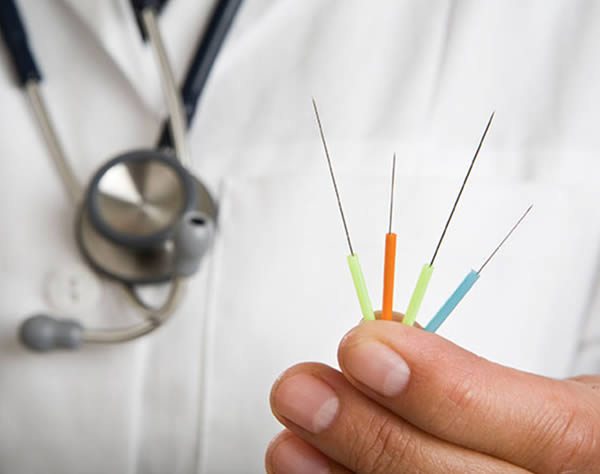Results for: placebo
Vitamin Cocktail with a Meme Twist (Supplement my gimlet with a dash of dissonance)
A trail of recent reports is trying to tell us something. But are we listening, and are “they” listening? If so, does it mean the same to “them” as it does to us? The report trail is telling us that multiple vitamins fail as preventatives against cardiovascular disease, cancer, or even for anything other than for dietary vitamin deficiency. And that is...
Bad Science: Four Things I Learned From Dr. Ben Goldacre
“You cannot reason people out of positions they didn’t reason themselves into.” — Ben Goldacre, MD Dr. Ben Goldacre is the author of the popular Guardian column, Bad Science. He has recently published a book by the same name. Bad Science received a very favorable review from the British Medical Journal and although I was tempted to write my own review for...

Statins Are Better on JUPITER
Over 26 million Americans are taking statin drugs. Some people think they should be available over-the-counter without a prescription, and it has even been facetiously suggested that they should be added to our drinking water. The protective effect of statins in cardiovascular disease and in high-risk patients with high cholesterol levels is well established. But what about people with no heart disease...
“Urban Zen” and homeopathy at Beth Israel Medical Center, or: Dr. Gorski destroys his chances of ever being invited to join the faculty at BIMC or the Albert Einstein College of Medicine
I guess I never really wanted to work in Manhattan anyway. At least, that’s what I keep telling myself. I mean, why on earth would I want to? What’s the attraction? Living in the heart of it all, all those shows and all those amazing cultural activities, all those world-class restaurants? Being close to Boston, Philadelphia, and other cool East Coast cities,...
Another new blogger, or SBM is going to the dogs (well, horses, actually)
We at Science-Based Medicine are pleased to announce the recruitment of yet another blogger to add to the discussion of the scientific basis of medicine. We’re especially pleased because he will help us address questions that we were not particularly well-equipped to address before his joining us. So, please welcome to the SBM fold David Ramey, DVM, who will be discussing science-...
51 “Facts” About Homeopathy
Fact 28 - Unlike orthodox medicine where two thirds of all conventional hospital admissions are due to the side-effects of pharmaceutical medicines, the bill for negligence claims soaring into billions, one U.K. leading insurance company reported only 'a couple' of claims against homeopaths in a ten year period! ... -------------- 1) Note: I said different, not better, he says in a feeble...
When Further Research Is NOT Warranted: The “Wisdom of Crowds” Fallacy
Most scientific research studies have at least one thing in common: the conclusion section ends with, “further research is warranted.” I’d say it’s about as common as the “talk to your doctor” disclaimer in TV ads for pharmaceutical products. And in a way, they both serve the same purpose. They’re a “CYA” move. What does “further research is warranted” mean in plain...
Dr. Jay Gordon and me: Random encounters with an apologist for the antivaccine movement
Although he doesn’t detest me nearly as much as antivaccine honcho and founder of Generation Rescue J. B. Handley does, Santa Monica celebrity pediatrician Dr. Jay Gordon doesn’t like me very much at all. Actually, I’m not sure whether that’s entirely true or not, but Dr. Gordon sure doesn’t like it when I criticize him for his antivaccine rhetoric. He affects an...
Getting It On with Homeopathy
I have more thoughts on the homeopathy matter than fit in follow-up notes, so here goes. First, David Gorski recalls the 1994 Pediatrics report on childhood diarrhea treated with tailored homeopathic remedies for each patient. There is more to the story than has been written. I am certain much of this will get back to the authors, but others may benefit from...


